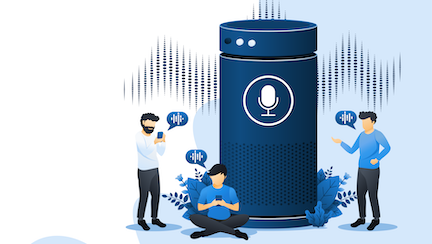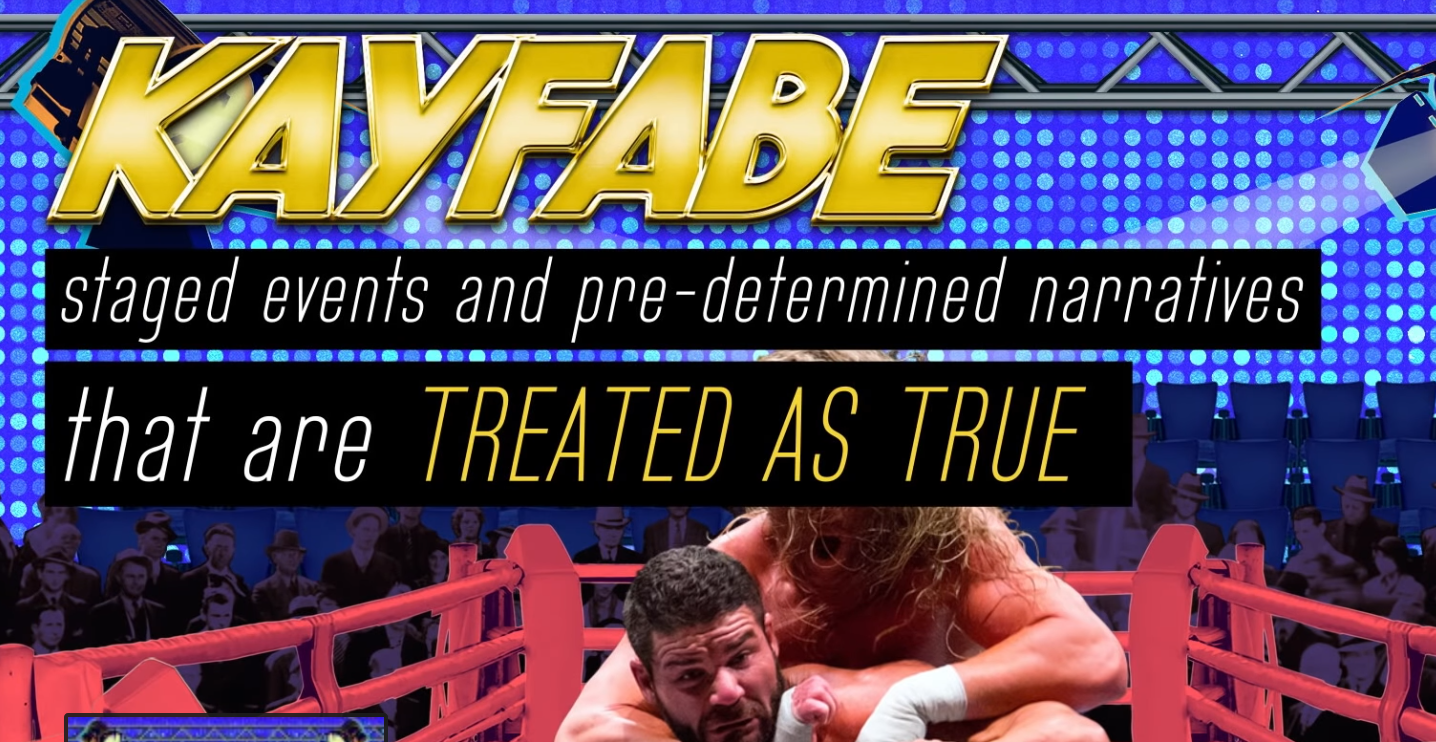
Why brand content is critical with the rise of voice assistants.
Why has the need to produce branded content become absolutely critical with the rise of voice assistants?
To be honest, it’s more of a “oh Sh&t!” moment. Especially if you’re a product owner with products you want to keep selling in an increasingly e-commerce environment.
Quick breakdown on voice’s threat to brand.
Having a brand is about having a distinct identity. It’s the feelings, perceived performance, value, and imagery around a name that people become so attached to that they demand and choose products related to that name over all others in the product category.
Brand identity makes you say, “I don’t just want one. I want that one!”
When you have no brand. Your customers have no preference.
If a person doesn’t have a brand in their head for a product, they probably don’t have a preference around that product. Which means while they may ask for your product category, they won’t ask for YOUR brand.
And if they are that detached from your brand, pretty soon, in the age of search, the voice assistants that your customers will increasingly rely on will get to decide what brand is right for them. Not you.
No problem. You make a voice assistant, right?
What? You don’t make or own a heavily used voice assistant like Alexa or Siri? Looks like you’ve got a problem.
The rising danger of voice assistants for companies.
Almost 50% in the US use voice assistants now. And according to Juniper Research, the world will use over 8 billion voice assistants by 2023, just over three years from now. And it won’t be just the popular voice assistants that readily come to mind like Siri, Google Assistant, and Alexa (throw Samsung’s Bixby in as well, why not?).
In addition, it will come in a variety of once-voiceless products that will include voice agents, including your TV, your car, your video game box, toys, and more.
All of these will become points of contact where consumers like you and I will make product and purchasing decisions.
To your TV: “Hey TV Voice Assistant, I want to watch or buy a movie.”
To your car: “Hey Dashboard Voice Assistant, take me to a place for pizza.”
To your computer or smartphone: “Hey Voice Assistant, where can I join a gym?”
To your video game: “Hey Console, I want to spend credits to upgrade my armor and order food.”
Without the consumer specifically asking for brand, speaking into a product-owned voice agent or one that has a relationship with preferred vendors (Hmmm, your Sony TV seems to show you Sony-produced movies first), your product’s future may depend on your ability to train consumers to demand your product specifically, not just want the category.
Bring your brand’s A-game to voice assistants.
That means, it you don’t control or dominate the search channels your consumers are using, you are going to have to create content, branding experiences and spend the marketing dollars required to build value and loyalty that trains consumers to demand your product when they engage voice assistants.
Branding can survive voice assistants by stimulating sales channels.
It’s actually old school.
As most of us didn’t go through Pharmacy school, how do we know all those pharmaceutical drug names out there? Names even for drugs to solve problems we’ve never personally needed? It’s because after formulating a specific patented product that pharma companies spent millions and years developing, the companies didn’t just want patients to ask for just any solution to their medical issue, they wanted potential patients to pressure the decision point (their doctor) to skip cheap, reasonable, equally effective and give the patient their specific branded pharmaceutical solution. How? Because TV commercials told patients…Ask your doctor if our branded pharmaceutical solution is right for you.
Educate and train your customer NOW on the value of your brand.
If you don’t want a voice assistant cutting you out of the picture later.































